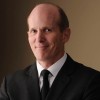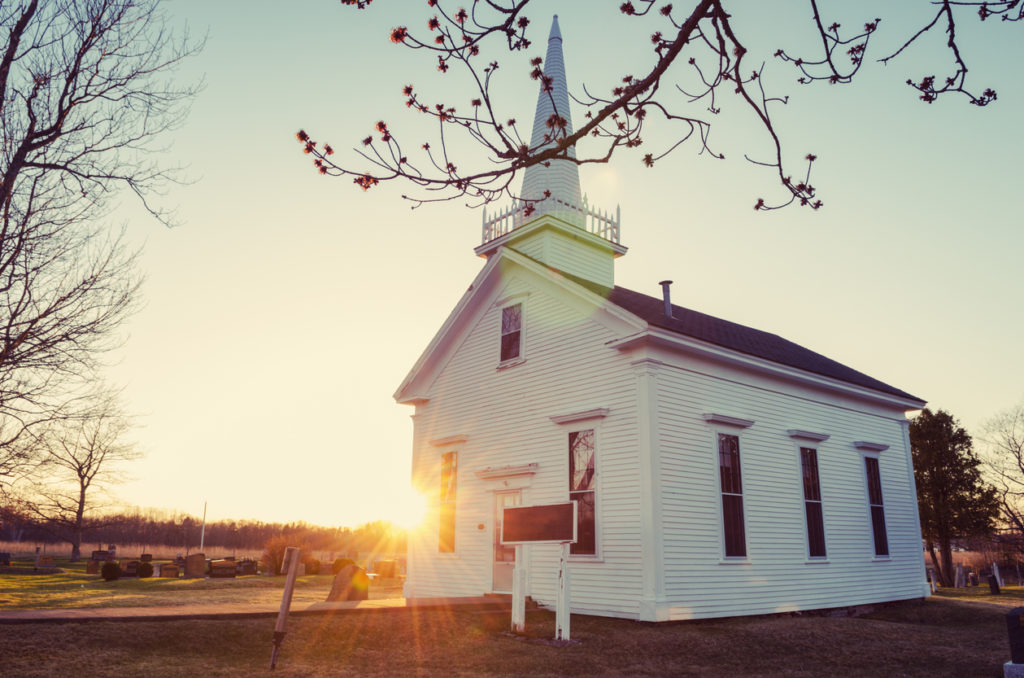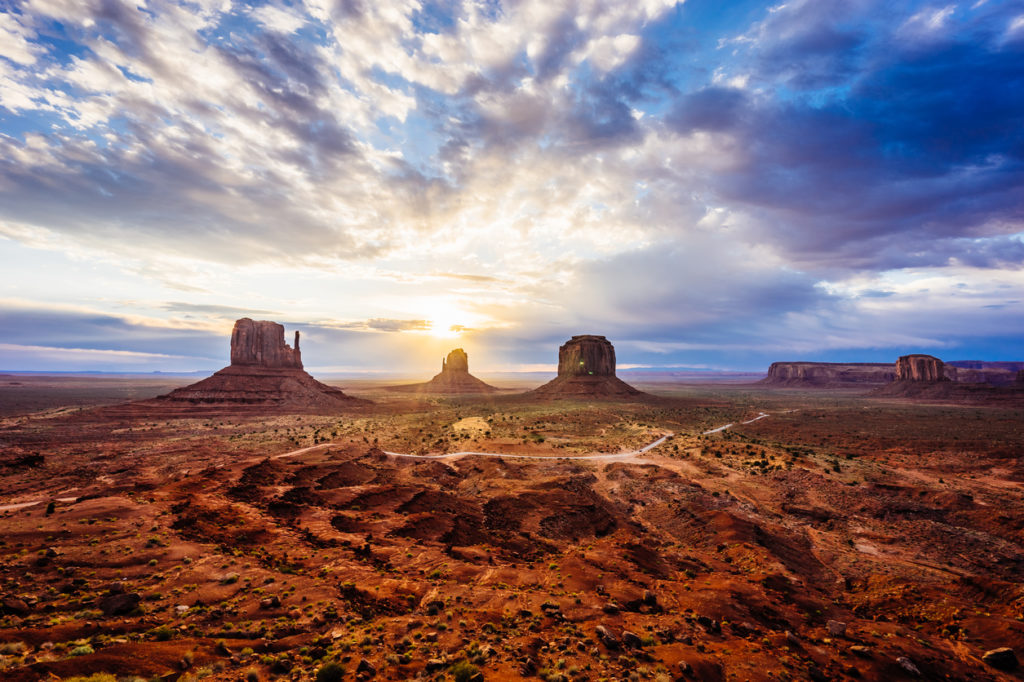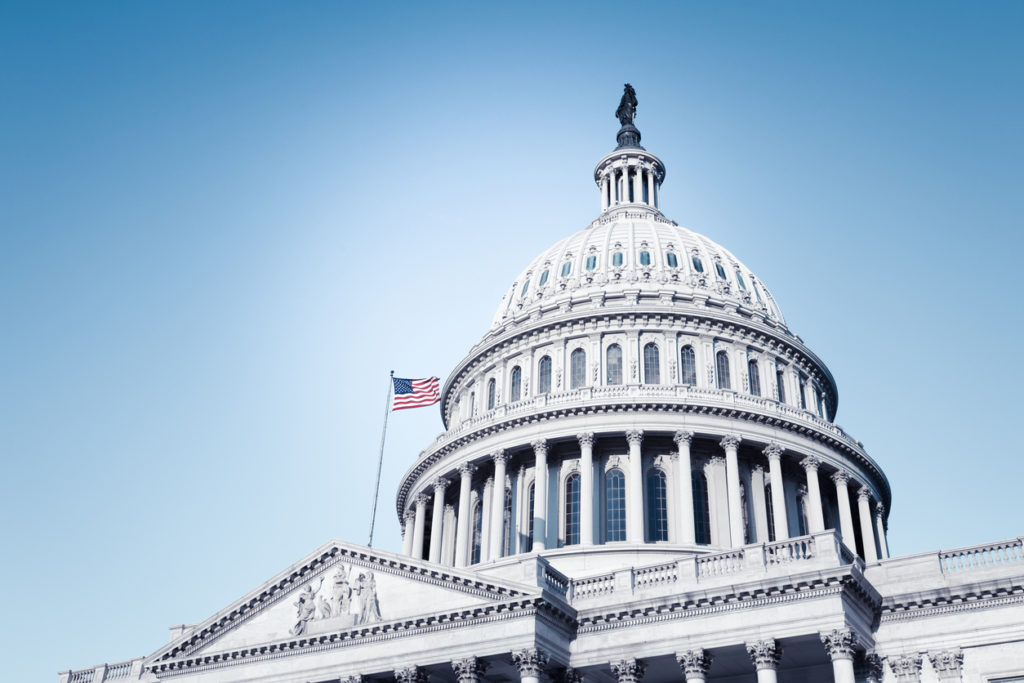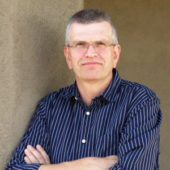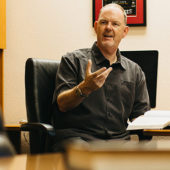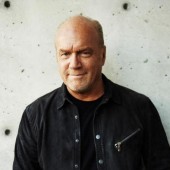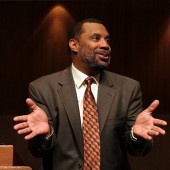As the nation searches for ways to combat the scourge of racism, pastor and evangelist Ed Stetzer reminds us that not only does the Church has a responsibility to address the issue, but we have a unique response and solution.
“Ultimately, the Church’s call is to be an alternative way of life in the midst of a world where racial division and strife is evident.”
“I’m interim pastor of Moody Church, and we have 70 nations represented. Racists hate us because we are the antithesis of what they believe, but we are what Ephesians 2 says we are, what Revelation points to: a picture of an eternity with men and women from every tongue, tribe, and nation.”
“I think that’s what the church needs do and to be; that place of racial reconciliation, where white people, people of color, and all different kinds of backgrounds, cultures, and socioeconomic levels are all welcome. There’s an old expression: ‘the ground at the foot of the Cross is level,’ and so it is for us — we can come, all can come and trust and follow Jesus.”
“The church has to be that alternative community, that gospel witness. Maybe you’re not in a multicultural community, so your church isn’t diverse. I get that, but we can seek to be as diverse as possible, and yet also build bridges with people different than us.”
We must be clear about the severity of the problem. Racism is sin, which means it’s deadly for the soul (Romans 6:23), but it comes from a dangerously familiar root: ‘self-ism.’
“In the condition of the human heart, we all have a tendency towards ‘self-ism.’ All of us have to recognize we’re called by God to ultimately push aside our always-focused own desires. Jesus has called us to not be about us. He actually calls us to be about Him, to make much of Jesus. I think that’s got to be the focus.”
Still, no matter what sin we have committed, there is forgiveness in Jesus. His death and resurrection is the ultimate act of reconciliation, and the only way to truly heal our divided world.
“We have to redirect the human heart, for ourselves, but also call people who are not followers of Jesus. People who are in the alt-right, we call them out of evil ideology, but they still need Jesus. We say to them,
‘The Jesus who died for us is the same Jesus who died for you. Come! You can’t find your security in a group that calls for white nationalism, but you can find your security in a Jesus who is creating what 1 Peter 2:9 calls a new people, a new race, a royal priesthood. He’s called us out of darkness into His marvelous light.’
“Regardless of your background, your journey, regardless of who you don’t like, Jesus still calls to you and says ‘Come unto me, all who are weary and heavy-laden, for I’ll give you rest’…Jesus shows a better way.”
Ed Stetzer is a researcher, author, pastor and church-planter. He holds the Billy Graham Chair of Church, Mission, and Evangelism at Wheaton College and serves as Executive Director of the Billy Graham Center for Evangelism.
The Church's response to Racism

